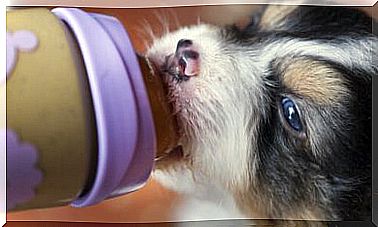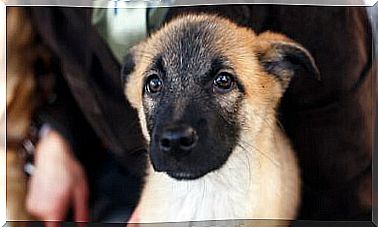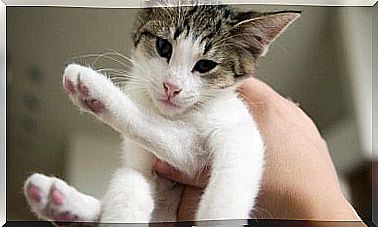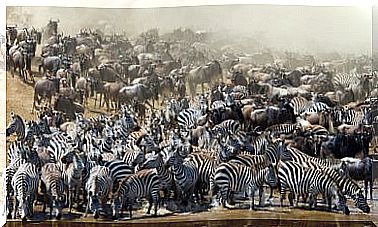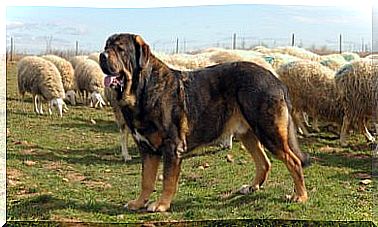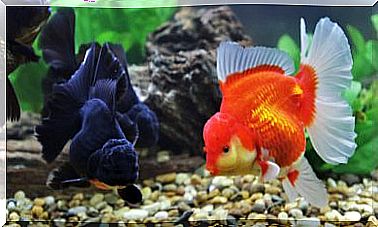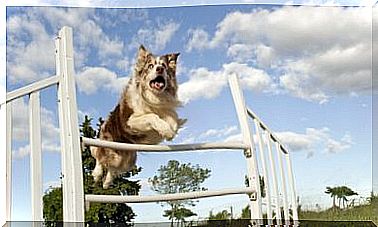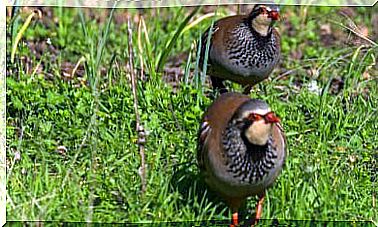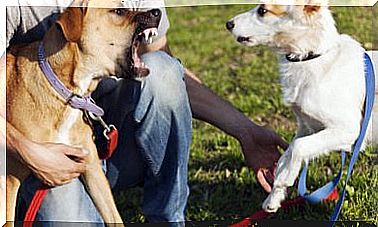Caring For Your Pet In Floods
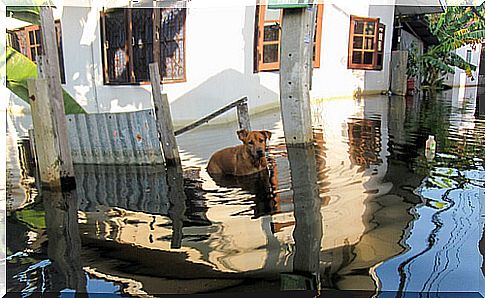
When natural disasters strike a home, they affect the entire family equally, and this includes people and animals. Therefore, it is important to take care of pets in floods or other similar situations.
In the moments leading up to a natural disaster, pets often become restless. It can be said that it is the way they have to predict and prevent what will happen. Like some kind of sixth sense.
When you are aware of the arrival of a natural disaster, there are ways to care for pets. The same happens at the time of emergency. In the event of floods, keeping the animal safe and providing security is vital to minimize its anxiety.
How to take care of a pet in floods?
Floods occur when excess water exceeds habitable spaces by man or animals. Some external causes can lead to flooding, such as the destruction of levees or pipe fractures, which are very common in homes.
They can occur due to natural events such as torrential rains, thaw, or overflowing rivers. Floods are also consequences of high tide or tidal waves.
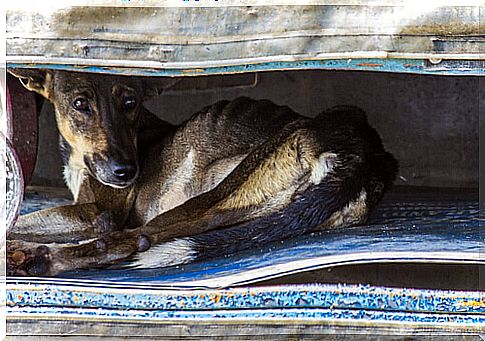
When it comes to natural disasters, meteorological centers in cities often predict these disasters. As soon as this happens, it is time to take preventive measures as soon as possible.
You always have to be attentive to the news and take into account the recommendations of civil protection. You should also have a list of shelters and emergency numbers on hand.
What to do before a flood?
- Take preventive measures. Before the announcement of possible floods, it is important to establish communication with civil protection and with the trusted veterinarian.
- Evaluate the possibility of an evacuation. In the event of a major catastrophe, it is important to consider animal shelters. These are equipped with the necessary devices to care for a pet in an emergency. In addition, they have specialized personnel.
- Have the animal’s vaccination up to date.
- Prepare an emergency kit. This should include the food portions needed to feed the pet for a week, as well as medicines and blankets. Additionally, it must contain the animal’s distinctive features such as photos, documents and auxiliary plates. It is also helpful to include a list of shelters that accept animals.
- Secure the pet’s collar, whose plate must contain the owner’s contact information: telephone number, address and mail, as well as the name of the pet.
What to do with a pet in floods?
Above all, you must remain calm and, in the event of an evacuation, it is advisable to carry the pet on a leash. Animals are often nervous about water and instinctively try to escape; having them tied is easier to immobilize them.
When it comes to small animals such as rabbits or hamsters, it is advisable to keep them in their cages. In this way, they will take the situation normally and calm their anxiety.
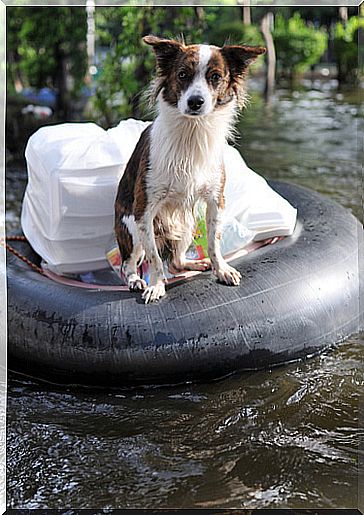
If it is difficult for the pet to walk, it should be carried to a safe place. In general, attics or roofs are the areas recommended by specialists for emergency flooding.
Once safe, it is important to try to calm the animal as caring for a pet in floods: hugging it, giving it affection and speaking gently helps to lessen its fear.
What to do after a flood?
Immediately after a flood, the family group must stay together and, logically, wait for the help of emergencies, which are qualified professionals for these situations.
The animal must be prevented from drinking stagnant water, or eating spoiled food. You also have to take care that it does not go near electrical outlets or lines or power sources.
Once the experience is over, the main thing is to take the animal for a medical check-up. The specialist will be able to evaluate your physical and emotional condition before the event that you experienced.
It should be noted that to ome animals suffering from shock or PTSD. The effects of this condition can be poor appetite and sleep disturbances, also difficulty controlling toilet bowls and problems socializing.
Lastly, getting back into the routine after a natural disaster will help the whole family get through the experience. As far as possible, daily activities should be normalized.
In certain cases, specialists recommend medication to control the effects of post-traumatic stress. Our regular veterinarian will be the person who will help us to get our pet back from a difficult situation.

